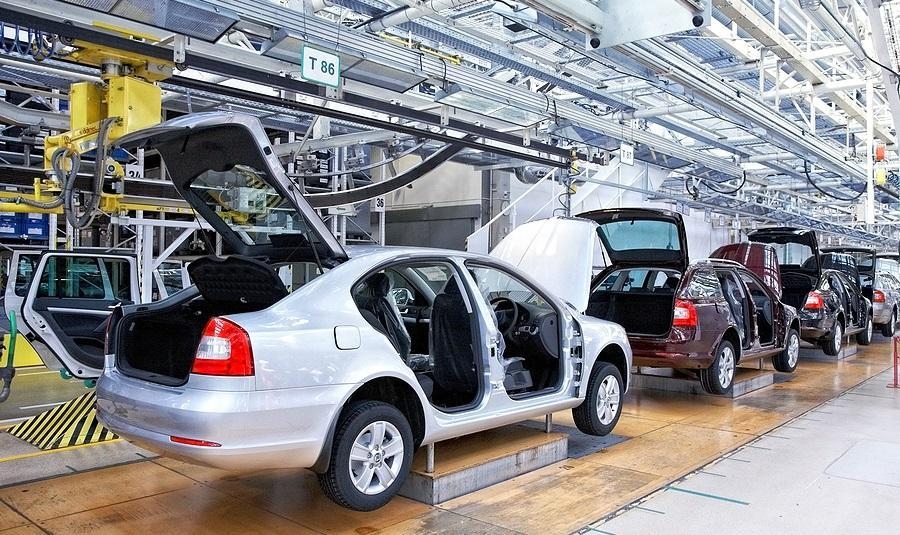Analysis

November 5, 2019
October: Busy Month for Auto News
Written by Sandy Williams
The last few weeks have been busy ones for the U.S. auto industry. A 40-day strike by the United Auto Workers at General Motors ended with ratification of a new four-year labor agreement, allowing negotiations to move forward at Ford.
Ford negotiations wrapped up in just three days with a tentative agreement now ready to be reviewed by the membership.
Fiat Chrysler announced a $48 billion merger with French automaker Peugeot that will make the combined company the fourth largest automaker in the world.
U.S. automakers are taking sides in a battle over fuel-efficiency standards. Ford, Honda and Volkswagen agreed to produce vehicles in line with California emissions regulations and improve fuel-efficiency through 2025. The move enraged President Trump who has sought to roll back fuel-efficiency regulations in the U.S. Last week General Motors, Toyota and Fiat Chrysler, along with the Association of Global Automakers, announced they would intervene on behalf of the White House to achieve a compromise on one national set of fuel-economy standards.
An ongoing corruption investigation into UAW leadership has prompted UAW President Gary Jones to ask for a leave of absence, effective Nov. 3. Jones is one of several UAW officials implicated in the probe on embezzlement and fraud. Vice President Rory Gamble will serve as active president and continue UAW negotiations with Ford and FCA.
October Auto Sales
U.S. auto sales did better than expected last month with most manufacturers posting stronger results compared to September. Cox Automotive expects October new vehicle sales to finish close to 1.37 million units. The seasonally adjusted annual rate is forecast at 16.9 million compared to last year’s sales pace of 17.5 million. Steel-intensive light trucks and SUVs continue to drive sales in the U.S.
Prices for light vehicles averaged $38,259 in October, an increase of $1,054 or 2.9 percent from a year ago, according to Cox Auto data. Prices decreased 0.4 percent from September.
“Despite no shortage of negative news headlines and political unrest stirring the nation’s capital, the strong economy continues to support a robust vehicle market,” said Cox Automotive senior economist Charlie Chesbrough. “Healthy employment levels, stock market highs, and recent cuts to interest rates all suggest there is no collapse in the immediate future for vehicle sales. The market in 2019 has been on pace for a record fifth year of more than 17 million vehicle sales, and there is little evidence today to suggest that trend has changed in October. Sales look to be coming in near consensus estimates of the high 16s/low 17s range, with trucks driving market strength as car sales continue to decline, a trend that’s likely to continue into next year.”
Auto Tariff Deadline Approaching
A potential headwind for the industry may hit on Nov. 13 when the Trump administration is to decide whether it will place tariffs on imports of vehicles and auto parts. Last year, Commerce determined that imports by foreign carmakers threatened national security under Section 232. In May, President Trump decided to delay the tariffs for six months while trade negotiations were underway with the European Union and Japan. Japan and South Korea have signed trade deals that will likely keep them safe from the tariff measures, but discussions with the EU are still ongoing.
Commerce Secretary Wilbur Ross expressed confidence last weekend that the tariffs will be averted due to “good conversations” with automakers in the EU, Japan and Korea.
“Our hope is that the negotiations we’ve been having with individual companies about their capital investment plans will bear enough fruit that it may not be necessary to put the 232 fully into effect, may not even be necessary to put it partly into effect,” Ross told Bloomberg Television on Sunday.






